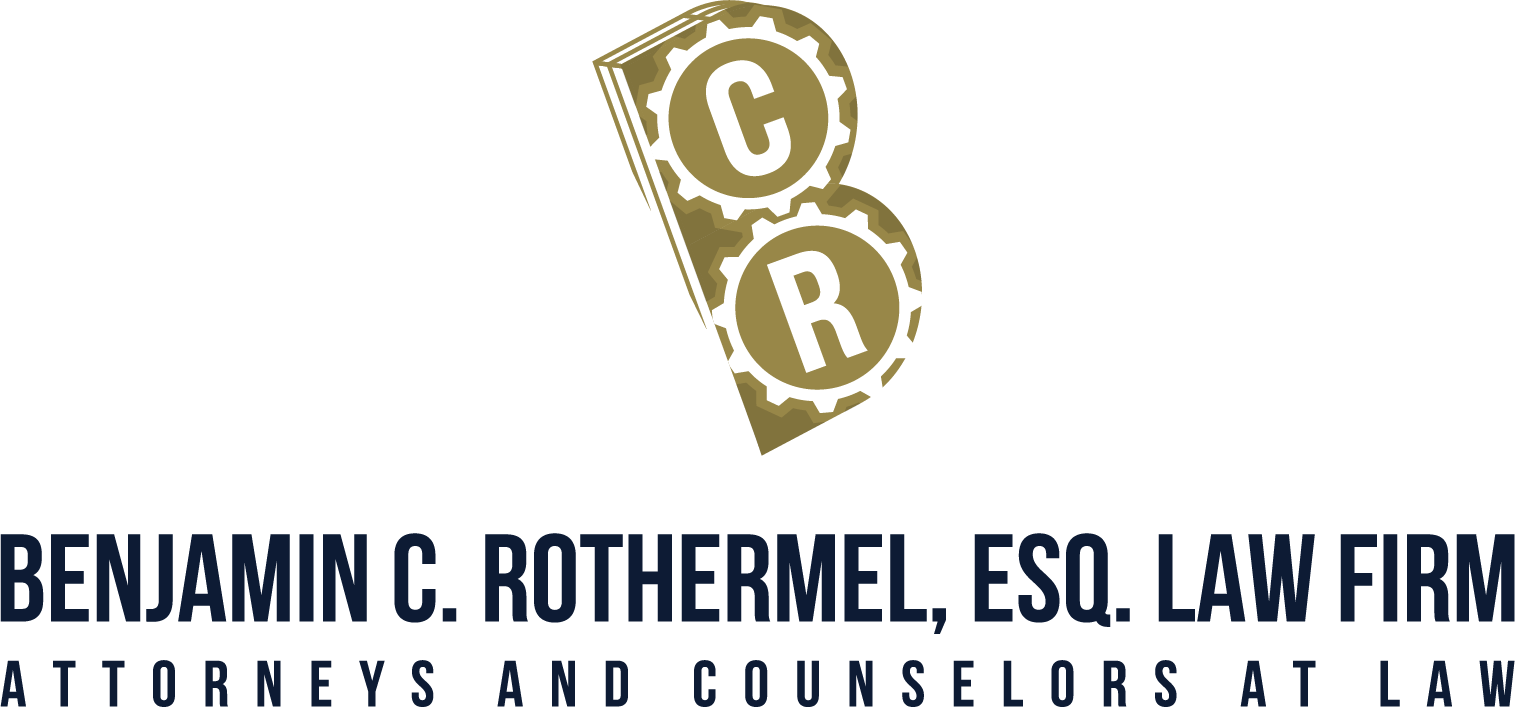How Should Businesses Think About Intellectual Property?
Intellectual Property (IP) plays a significant role in creating value for a business. IP can provide a business with protection for its innovations, competitive advantages and brand recognition in a market, and licensing and monetization opportunities.
Generally, IP can provide legal protection for a business's innovative products or services, preventing others from using or profiting from these innovations without the business's permission. This protection can be through patents, trademarks, copyrights, and trade secrets.
The Advantages of IP Protection for Your Business
IP can provide a competitive advantage to a business by creating a unique selling proposition. For example, an outdoor products company with a patented technology for a critter-proof camping bag may be the only one offering this particular solution, which can give them an edge in the market.
IP can also help a company build its brand by creating recognizable trademarks, logos, and other distinctive elements, such as branding the critter-proof camping bag “BeastBlocker”.
This can help establish a company's reputation and increase customer loyalty. Once a business develops IP, it can be licensed or sold to generate revenue for a business. This can be done through licensing agreements, franchising, or selling IP assets. The outdoor products company could license or sell its camping bag patent or its BeastBlocker trademark, for instance.
Why You Need a Clear IP Strategy
But this IP value may not be realized immediately, and businesses, particularly startups, may have a limited budget. Some common factors that can contribute to delays in realizing value in IP by a business are ineffective IP strategy, lack of resources to pursue IP protection, complex and lengthy legal processes, limited market demand, and technological obsolescence.
Without a well-defined, clear, and effective IP strategy, a business may fail to prioritize and effectively manage its IP assets. A business also may perceive it does not have the necessary resources to invest in IP protection and enforcement. This can include financial resources and expertise, which can hinder a company's ability to realize value from its IP.
For example, the outdoor products company might delay in applying for a Federal trademark for BeastBlocker simply based on the up-front application cost, without performing additional analysis, potentially delaying protecting its rights.
Challenges in IP Protection Can Impact Asset Value
Further, IP protection and enforcement can involve complex legal procedures that can take a long time to complete. Obtaining and enforcing patents, trademarks, and copyrights can take several years, which can delay a business from realizing the value of its IP. Even with effective IP protection and a clear strategy, there may be limited demand for a company's products or services. This can result in delayed or limited revenue generation from IP assets.
Since technologies and market conditions evolve rapidly, there is a risk of IP assets becoming obsolete. These factors can reduce the value of a business's IP portfolio and lead to delays in realizing value.
With respect to BeastBlocker, waiting to pursue Federal trademark protection might lead to the decreased ability to enforce trademark rights against a similar product name, “BeastShield”, which a competitor independently started in another part of the country.
Aligning Your IP Strategy with Your Business Goals
It is therefore important for businesses to identify and address these factors contributing to delays in realizing value in IP, to maximize the value of their IP assets. Balancing these factors with the realities of building a business, such as budget constraints, can help provide a business with success from the short- through long-term.
A business can begin to develop an effective IP strategy by conducting an audit of its potential or existing IP to identify and prioritize its most valuable assets. This can include patents, trademarks, copyrights, trade secrets, and other proprietary technologies.
An effective IP strategy should be aligned with a business's overall goals and objectives. This can include considerations such as budget, market position, product development, and revenue generation. If the outdoor products company intends to do business nationwide to sell its critter-proof camping bag, for example, it would be prudent to prioritize pursuing Federal trademark protection for BeastBlocker.
Gaining a Competitive Advantage for Your Business with IP Assets
A business should develop plans to protect and enforce its IP assets. This can include filing patent applications, registering trademarks and copyrights, and implementing trade secret protection measures. A business should also monitor and analyze its competitors' IP portfolios to identify any gaps or opportunities for differentiation.
This can help a business identify areas where it can develop IP assets to gain a competitive advantage. It is also important to monitor competitors’ actions and take steps to protect IP assets from infringement. This could involve taking legal action (such as sending cease and desist demands) against infringers or filing for additional protection to cover any potential infringement.
A business should monitor and update its IP strategy on a regular basis, reviewing and revising it as market conditions and business goals evolve. It is important to note that short-term considerations should not come at the expense of long-term value of intellectual property assets.
Businesses should develop a comprehensive IP strategy that takes into account both short-term and long-term goals. Businesses can seek the guidance of IP professionals such as patent and trademark attorneys to help develop and implement an effective IP strategy.
Take the Next Step
Align your IP strategy with your business strategy. Whether you have a registered trademark and want to pursue infringement action, or are deciding whether or not to file for trademark protection,
call us or
book an appointment with BCR Firm to get started.


Share On: